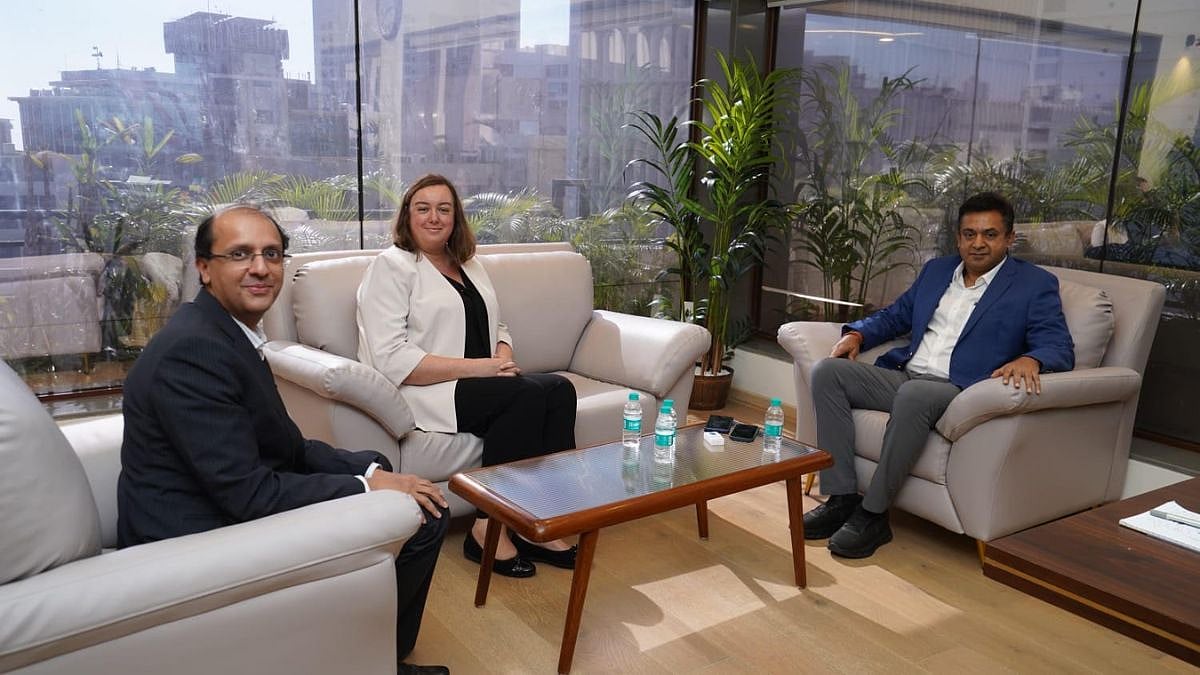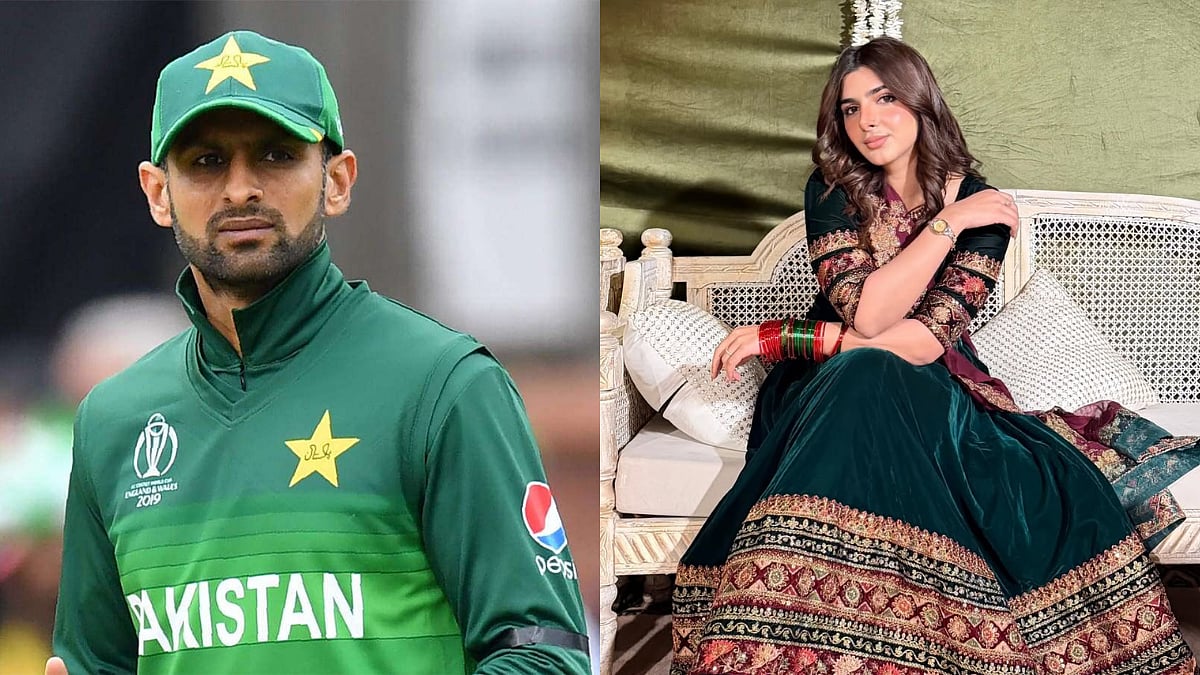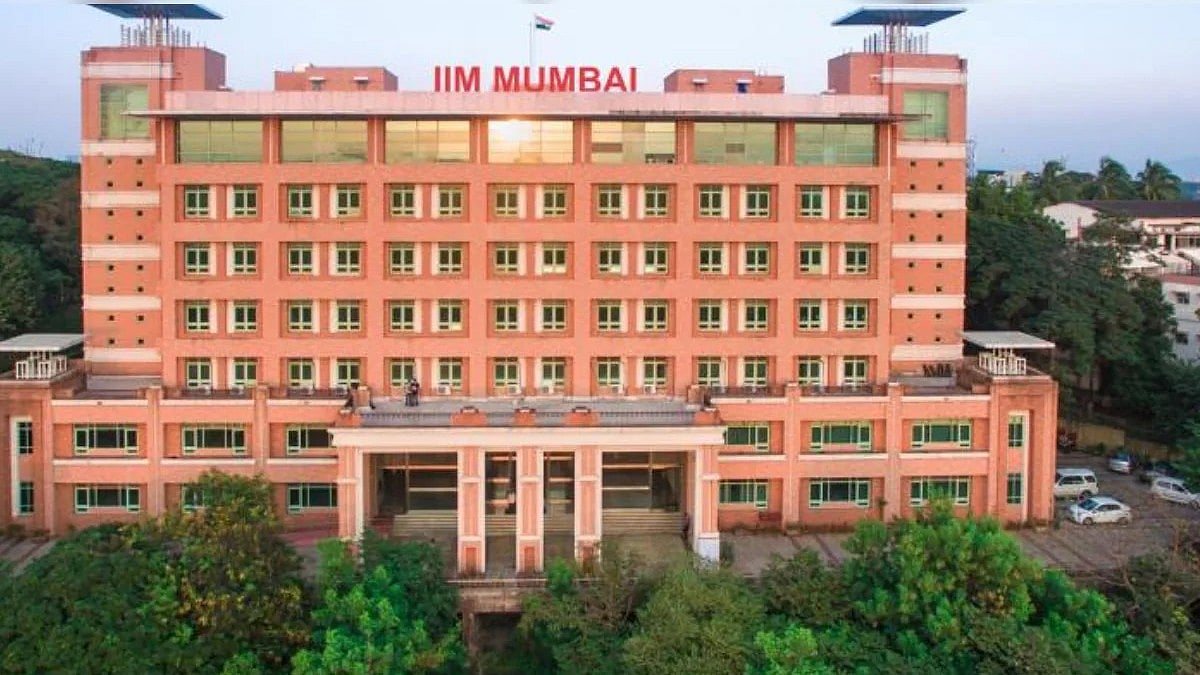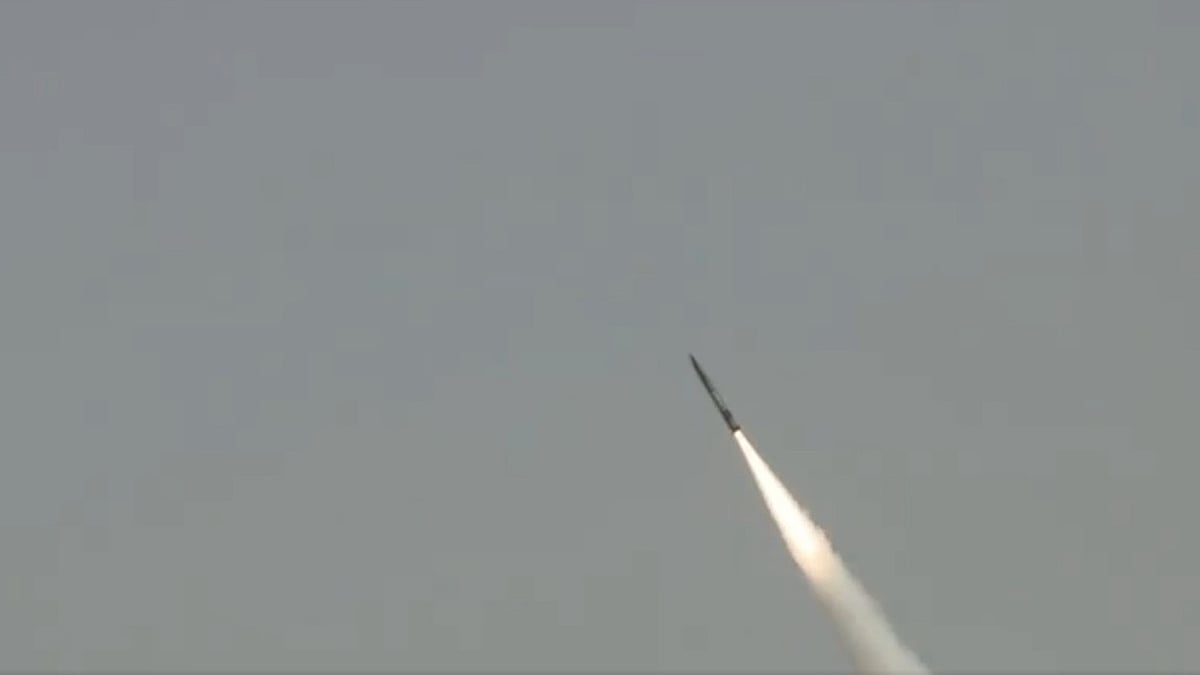The recent Supreme Court judgment, overturning the Gujarat government's decision to grant remission to eleven convicts involved in the gangrape of Bilkis Bano, has raised questions about the role of the Maharashtra government in reconsidering their plea for remission.
Supreme Court's Ruling
The apex court, while annulling Gujarat's decision yesterday, highlighted that Maharashtra, where the trial took place, should be the appropriate authority to decide on remission. The court emphasized that the State holding the trial must seek the trial court's permission before considering remission for convicted individuals.
Maharashtra's Role
The court's order implies that the Maharashtra government and its remission policy will be applicable to the convicted men's plea. Paragraph 52.6 of the judgment underscores the significance of the trial court's opinion in the remission process.
The judgment in paragraph 52.6 states,
"Had the State of Maharashtra considered the applications of respondent Nos.3 to 13 for remission, this vital opinion of the Presiding Judge of the Court which had convicted them would have carried weight in the mind of the Government of the State of Maharashtra as well as the terms of the Government’s Resolution dated 11.04.2008 which was the applicable policy for remission".
Maharashtra's 2008 Resolution
The 2008 government resolution of Maharashtra comes into focus, setting the framework for remission eligibility. The resolution dictates a minimum sentence of 18 years before any remission. For crimes involving exceptional violence against women, the convicts may only be eligible for remission after serving 28 years.
Considering the 2008 policy, the earliest eligibility for remission for the eleven convicts is in 2026. However, the clause for exceptional violence suggests they might remain incarcerated until 2036.
Despite the 2008 policy, a 1992 remission policy existed, leading to some uncertainty. The special judge applied the 2008 policy, but if the 1992 policy were to apply, the release might be possible only after 2030 or 2036, depending on the severity of the crime.





